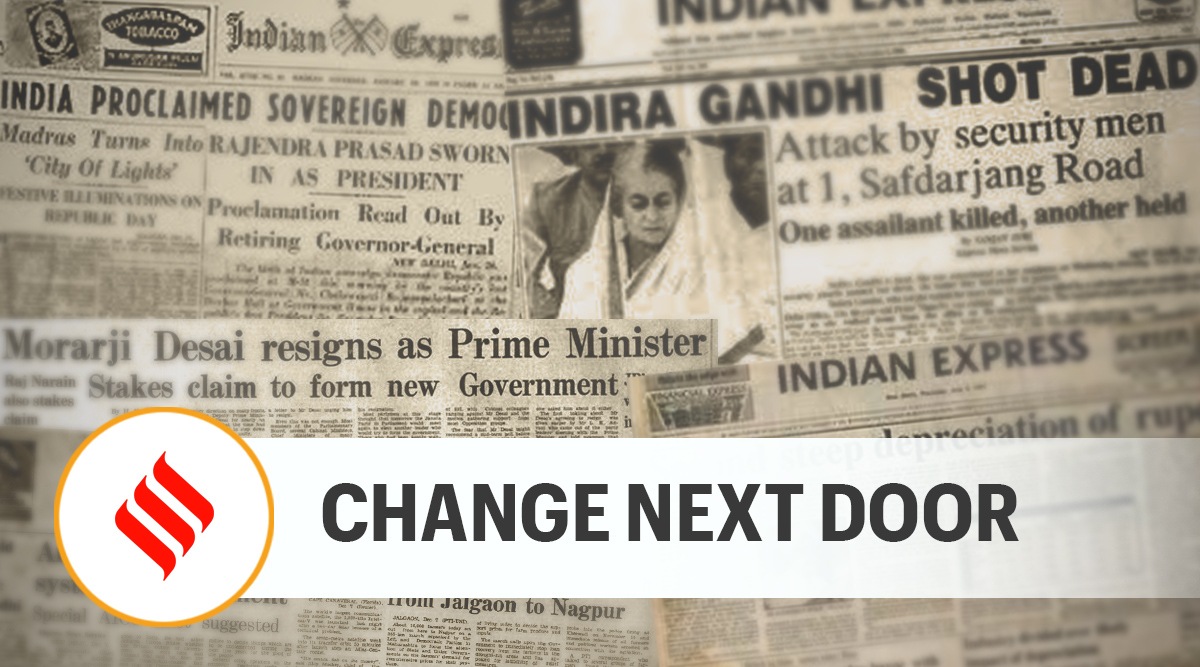 Imran Khan’s various gambits also carried more than a hint of a campaign for the next election.
Imran Khan’s various gambits also carried more than a hint of a campaign for the next election. Every last ball does not yield a turnaround in sagging fortunes, and so it was with Imran Khan. Even after he knew that his government had lost its majority in parliament, Khan fought every inch of the way to remain prime minister, pulling surprises on the Opposition, and delaying the inevitable. A no-confidence motion against him, which he and his party did their best to stall since it was submitted to the speaker on March 8, finally went through Pakistan’s National Assembly with 174 votes in the House of 225, bringing his term in office to an end 16 months ahead of time. The last minute delays, and a late night cabinet meeting, suggested he was preparing to try one final move. Was Khan playing with the idea of removing the army chief and appointing a new man before he was voted out, as suggested by a late night petition asking the Islamabad High Court to restrain him from doing this? Whatever it was, it threatened to turn what was an open-and-shut case of the removal of a prime minister by means of a parliamentary process, a first for Pakistan, into a full blown constitutional crisis.
Pakistan will have a new prime minister today, barring last minute surprises. Parliamentary elections are due in next July or August. It it is upto the new government to decide if these elections should be held earlier than that. Khan’s various gambits also carried more than a hint of a campaign for the next election. His ruse of alleging an American conspiracy to unseat him was possibly intended to tap into a deep-seated hostility in large sections of Pakistanis, especially the young who form the bulk of his support base, against the US. Khan has made clear he will remain in politics, and even if he does not win the next election, it will be no surprise if he and the PTI emerge as a strong opposition.
From India’s point of view, Khan’s exit could create opportunities for repairing ties with Pakistan. The Pakistan military establishment has so far been the main obstacle in this, but Pakistan Army chief General Qamar Javed Bajwa, and his frequent assertions in favour of trade and “geo-economics” as the way forward for the region, give the impression that he wants to pursue these ideas with India. It is not clear though if all his army colleagues back him, or even if the new government will endorse his plans. Khan and his government did not. Bajwa’s own term in office ends in November this year. Irrespective of this, if and when a new page is turned, New Delhi should respond with an open mind. At the same time, given the fraught equations in the wake of the growing Russia-China axis, it must remain vigilant for spoilers.
- The Indian Express website has been rated GREEN for its credibility and trustworthiness by Newsguard, a global service that rates news sources for their journalistic standards.

